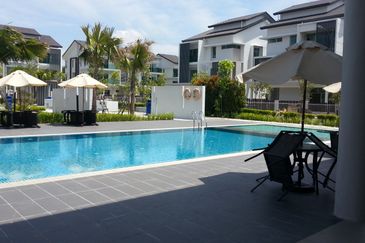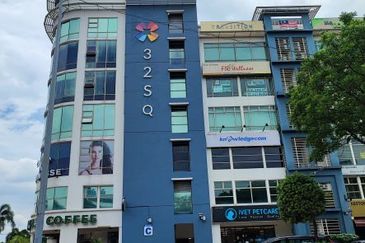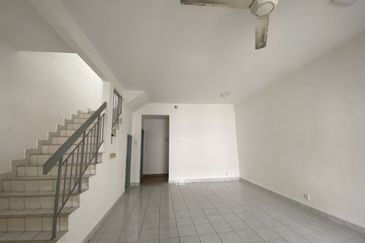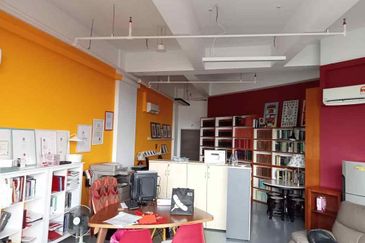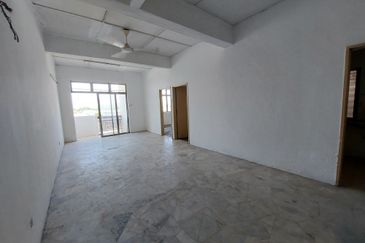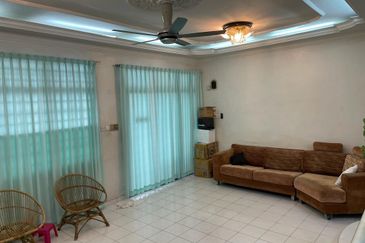LONDON: Despite market volatility in Europe and America, office rents have risen 1.1% across 81 markets around the world during the third quarter (3Q) of 2011, according to Jones Lang LaSalle’s inaugural Global Office Index.
The international real estate consultancy’s new Global Office Index showed that this is the seventh consecutive quarter in which prime office rents have increased to achieve a growth of 5.5% year-on-year (y-o-y) and risen 8.2% since scraping the bottom of the market in 4Q09.
Arthur de Haast, head of Jones Lang LaSalle’s international capital group, said in a statement recently that while most major markets are in better shape than they have been since 2008, current economic uncertainties have investors and corporations feeling anxious.
The report said corporations are delaying real estate decisions and facing renewed pressure to drive down costs in the face of uncertain economic conditions. De Haast added that more and more investors have lost the appetite for risk as they take refuge in core products while sentiments of an unstable market create an impact in corporate decision-making.
Jeremy Kelly, Jones Lang LaSalle’s global research team director and author of the firm’s Global Market Perspective report, assures that despite the jitters, commercial real estate is holding steady.
“Global commercial real estate investment volumes, tenant absorption, prime rents and capital values are so far holding firm as most markets continue to make steady progress through this period of heightened volatility,” he said.
Key findings from the index show that with a growth rate of 2.5% quarter-on-quarter (q-o-q), Asia-Pacific office markets had the highest growth in the sector. This was followed by the Americas with a 1.1% rise in 3Q11. Despite the bullish outlook for office markets in other regions, economic concerns have weighed down market growth in Europe, translating into a virtual halt from 2.1% in 2Q11 to 0% in 3Q11.
New markets in the BRIC (Brazil, Russia, India and China) economies are recording strong y-o-y performance. Beijing recorded an increase of 50.6%, followed by Moscow (41.2%), Shanghai (23.7%) and Sao Paulo (20.4%). Asia-Pacific markets saw positive growth with Jakarta up 48%, Hong Kong up 20.6% and Manila up 20.9%.
The global technology sector’s strong growth translated to a 60% increase in office rents for Silicon Valley, Bangalore which saw a 19.7% growth while San Francisco increased 17.1%. Demand from the commodities sector supported strong y-o-y growth of 26.9% in Perth.
Meanwhile, Mexico City, Brussels, Dublin, Vancouver and Canberra suffered the largest drops in rents of between 2% and 4% q-o-q.
Kelly added that the firm expects major prime office markets to record positive rental growth in 2012.
“Major markets are expected to see at least single-digit growth, with some markets such as Beijing, Tokyo, San Francisco and Toronto having the potential to outperform in 2012. Hong Kong and Singapore, however, may see rents soften over the next few months.”
Kelly concluded that average global office vacancy rates remain at their lowest in two years at 13.8% despite a deceleration in office leasing. “The prime leasing markets in advanced economies are fairly tight and the supply pipeline remains very low.”
He believes that once a degree of confidence re-emerges, markets will resume their growth pattern.
This article appeared on the Property page, The Edge Financial Daily, November 18, 2011.
TOP PICKS BY EDGEPROP
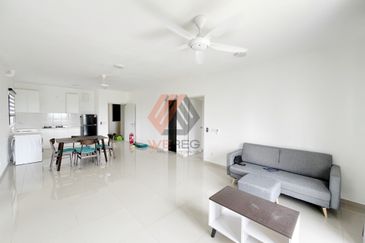
Duduk Se.Ruang @ Eco Sanctuary
Kuala Langat, Selangor

Duduk Se.Ruang @ Eco Sanctuary
Kuala Langat, Selangor
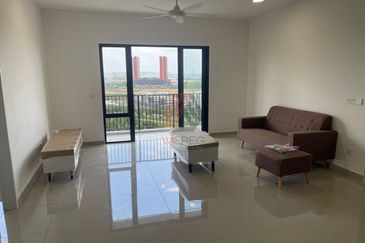
Duduk Se.Ruang @ Eco Sanctuary
Kuala Langat, Selangor
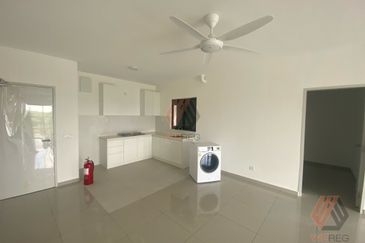
Duduk Se.Ruang @ Eco Sanctuary
Kuala Langat, Selangor
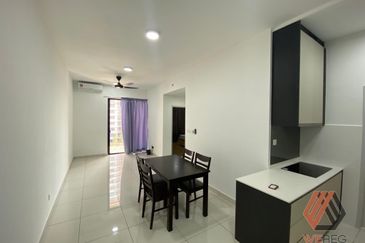
Amber Residence @ twentyfive.7
Kota Kemuning, Selangor
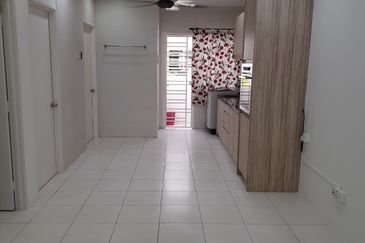
Pearl Villa Townhouse
Bandar Saujana Putra, Selangor
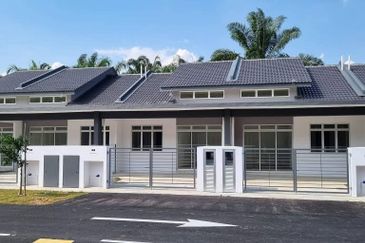
Rancangan Tanah Belia, RTB Bukit Changgang
Dengkil, Selangor

Seksyen 5, Kota Damansara
Kota Damansara, Selangor

Seksyen 8, Kota Damansara
Kota Damansara, Selangor

